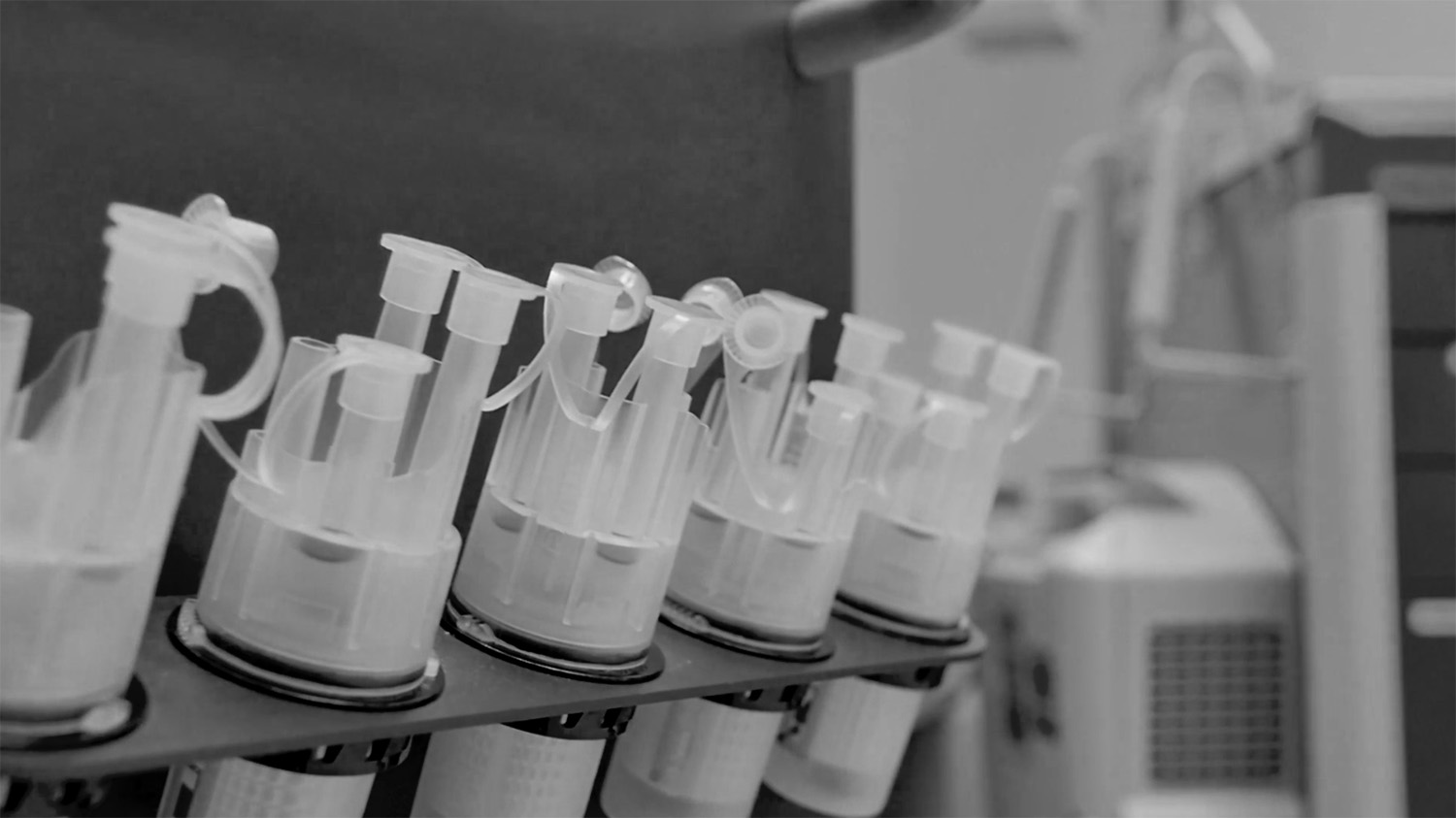ABOUT CRNAs

CRNAS ARE THE PRIMARY ANESTHESIA PROVIDERS IN RURAL MISSOURI
In Missouri in 2017, 48% of the counties with hospitals providing surgical services offer anesthesia provided solely by CRNAs. CRNA-only anesthesia services are especially predominant in the rural, medically under-served areas of the state. CRNAs reduce the need for rural patients to travel long distances to urban areas, or in some cases forgo needed care.
As advanced practice registered nurses, CRNAs practice with high degrees of autonomy and professional integrity, bearing carefully the responsibility of safe anesthesia care.
LEARN MORE ABOUT CRNAs IN MISSOURI
CRNAs PRACTICE IN EVERY SETTING IN WHICH ANESTHESIA IS DELIVERED:
● Trauma centers
● Traditional hospital surgical suites and obstetrical delivery rooms
● Critical access hospitals
● Ambulatory surgical centers
● Offices of dentists, podiatrists, ophthalmologists, plastic surgeons, and pain management specialists
● U.S. military, Public Health Services, and Department of Veterans Affairs healthcare facilities